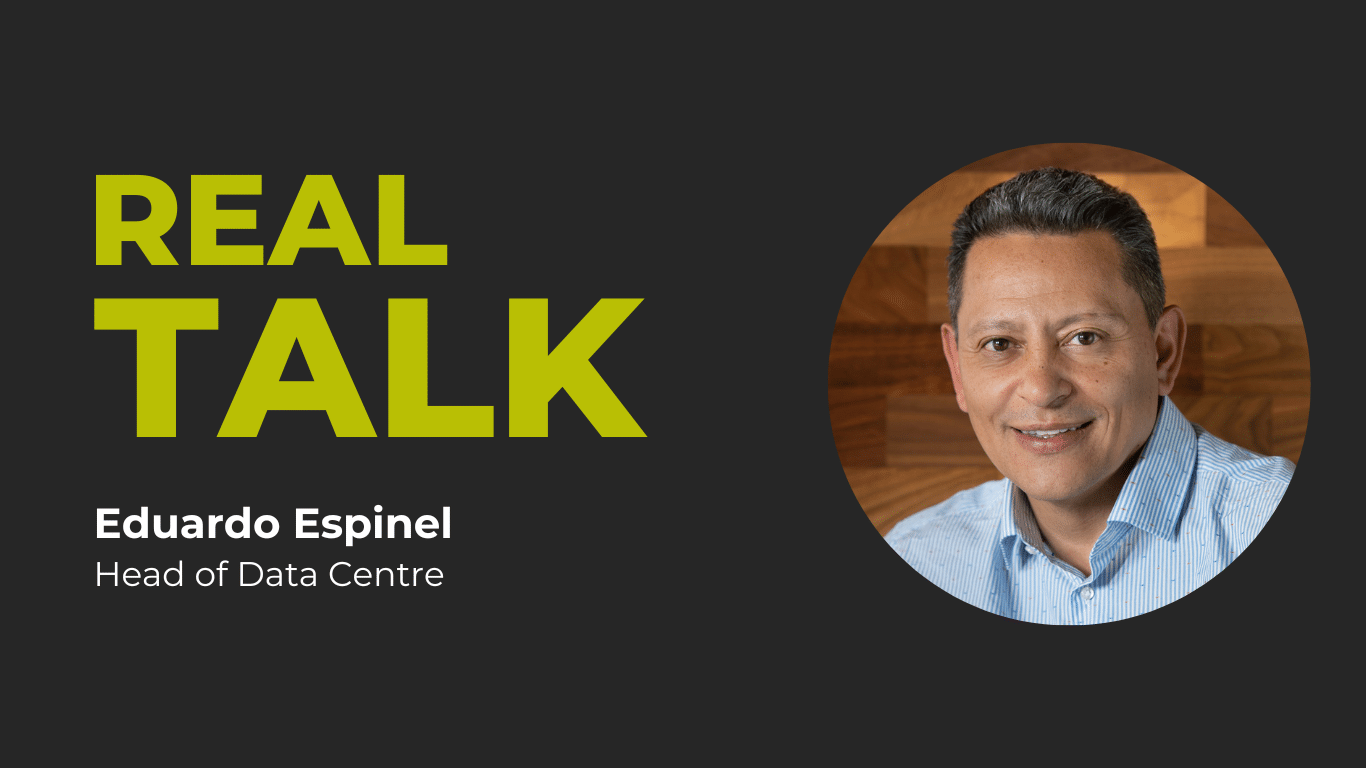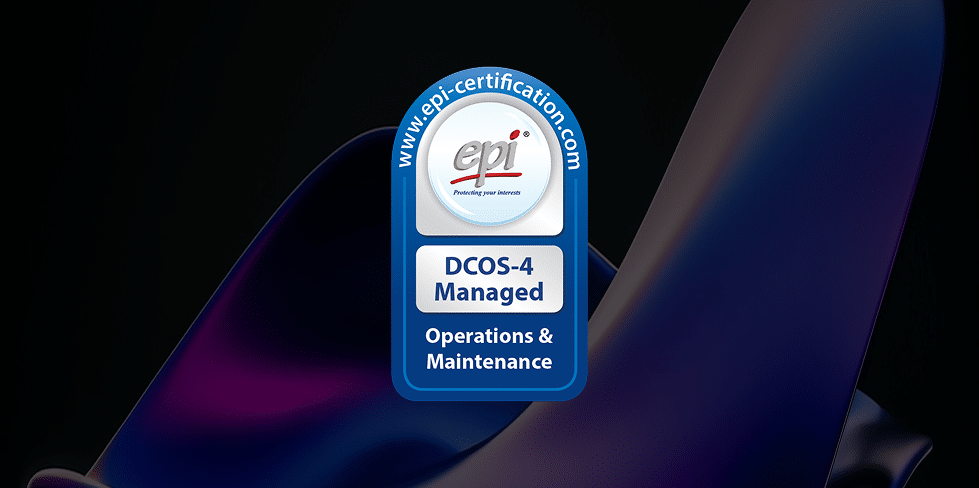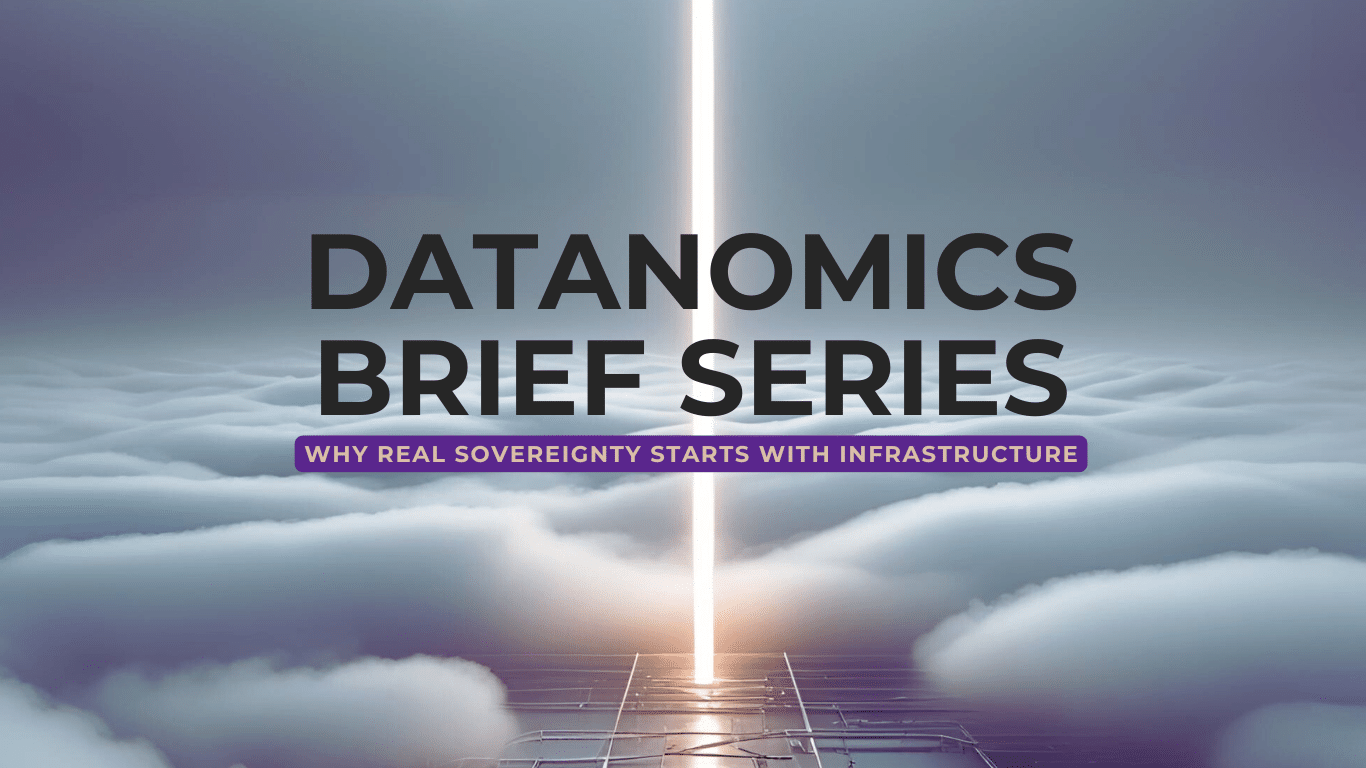How Eduardo Espinel helps define Colombia’s standard for sovereign, high-density data centres

In this quarterly series, we spotlight industry leaders and changemakers who are shaping the world in which they work and live. Driven by purpose and passion, these are the people challenging the status quo, embracing risk and pushing boundaries to transform their businesses.
How Eduardo Espinel helps define Colombia’s standard for sovereign, high-density data centres
Eduardo Espinel is the Head of Data Centre at Ilkari, where he leads the team responsible for maintaining one of the most advanced and resilient data centres in Colombia. Located in the Tocancipá Free Trade Zone near Bogotá, Ilkari’s flagship facility has achieved both DCOS Maturity Level 4 and TIA-942-C Rated-3 certifications — a dual distinction that sets a new operational benchmark for the region.
For Espinel, operational excellence is not just a matter of technology — it’s a disciplined practice built on precision, process, and people.
DCOS Maturity Level 4 means that our data centre operates with defined and repeatable processes executed by qualified, trained and certified personnel across all platforms and specialties — in other words, nothing is left to chance.
Eduardo Espinel, Head of Data Centre at Ilkari
The facility’s TIA-942-C Rated-3 certification complements that operational maturity by ensuring redundancy and fault tolerance at every level. “It means our data centre is concurrently maintainable,” Espinel explained. “We can perform maintenance on any system without affecting customer services. Having both certifications forms the perfect balance that allows us to maintain true operational excellence.”
While infrastructure is the foundation, Espinel says it’s the human element that sustains performance over time. “It’s about creating an ecosystem that attracts and motivates the team,” he said. “It’s a combination of training, certifications and experience, but most importantly, each person understands how their work supports the company’s strategy, customer experience and growth.”
Building sovereignty into every layer
To Espinel, sovereignty is more than a policy statement — it’s operational control brought to life.
Sovereignty is really about control — knowing exactly where the data is, who manages it and how it is protected.
Eduardo Espinel, Head of Data Centre at Ilkari
At Ilkari, that principle translates into complete local oversight. “We make sure that everything from infrastructure to operations is managed locally and under our own supervision. That’s what gives us real independence and builds trust with our customers.”
It’s also what distinguishes Ilkari from hyperscalers, he added. “They run global platforms, so even if data sits in the country, the key decisions and policies are managed abroad. They also follow foreign laws that can affect local control. In our case, operations, access and compliance stay under local authority — and that’s what makes it truly sovereign.”
A local advantage with global reach
Operating in Colombia gives Ilkari distinct advantages — from its Free Trade Zone location to the country’s strong renewable energy mix.
“Being in the Free Trade Zone offers clear economic benefits, and we have great access to skilled local talent,” Espinel said. “We also have reliable energy availability, most of it from renewable sources, which is a big plus.”
Upcoming expansion phases are already designed to increase power density, a trend Espinel believes will become a defining standard in Colombia’s data centre sector.
Our high-density infrastructure will help position Colombia as a key digital hub in the region, supporting the growing demand for AI and other advanced workloads.
Eduardo Espinel, Head of Data Centre at Ilkari
With locally managed operations and a focus on sustainability, Espinel says Ilkari is helping Colombia strengthen its position in the wider Latin American digital economy.
Precision, privacy and trust
Ilkari’s operational model is intentionally in-house. Every engineer is directly employed, ensuring speed, accountability and continuity. “This gives us better control, faster response times and a stronger sense of ownership,” Espinel said. “Our technical level is very high thanks to continuous training and certification programs, supported by our DCOS Level 4 processes and KPIs.”
Privacy and security are woven into daily practice rather than treated as add-ons. “We use access control with three authentication factors, more than 100 CCTV cameras and strict procedures to ensure only authorised staff can access critical areas or data,” he said. “Privacy and security are simply part of how we operate.”
Raising the bar for sovereign infrastructure
Ilkari’s investment in global certifications is deliberate — not symbolic. “They show that we meet international standards and perform at the same level as any data centre in the world,” Espinel said. “They prove the quality and consistency of our operations and send a strong message that Colombia is ready to lead in sovereign and high-performance infrastructure.”
If Espinel could share one message with enterprises deciding where to place their data, it would be about trust.
Your data is your most valuable asset — make sure it stays in a place where you have full control and visibility.
Eduardo Espinel, Head of Data Centre at Ilkari
He’s pragmatic about the risks of offshore management. “Don’t place your data in a country where the government can force access to it — that’s a risk no organisation should take,” he said. “Certifications matter, but they’re not everything. What really makes the difference is how the operation runs, the maturity of the processes, the experience of the team and their commitment to doing things right every day.”
Because in the end, Espinel added, even the most advanced infrastructure depends on human discipline. “It’s not just about technology — it’s about trust, maturity and responsibility.”



